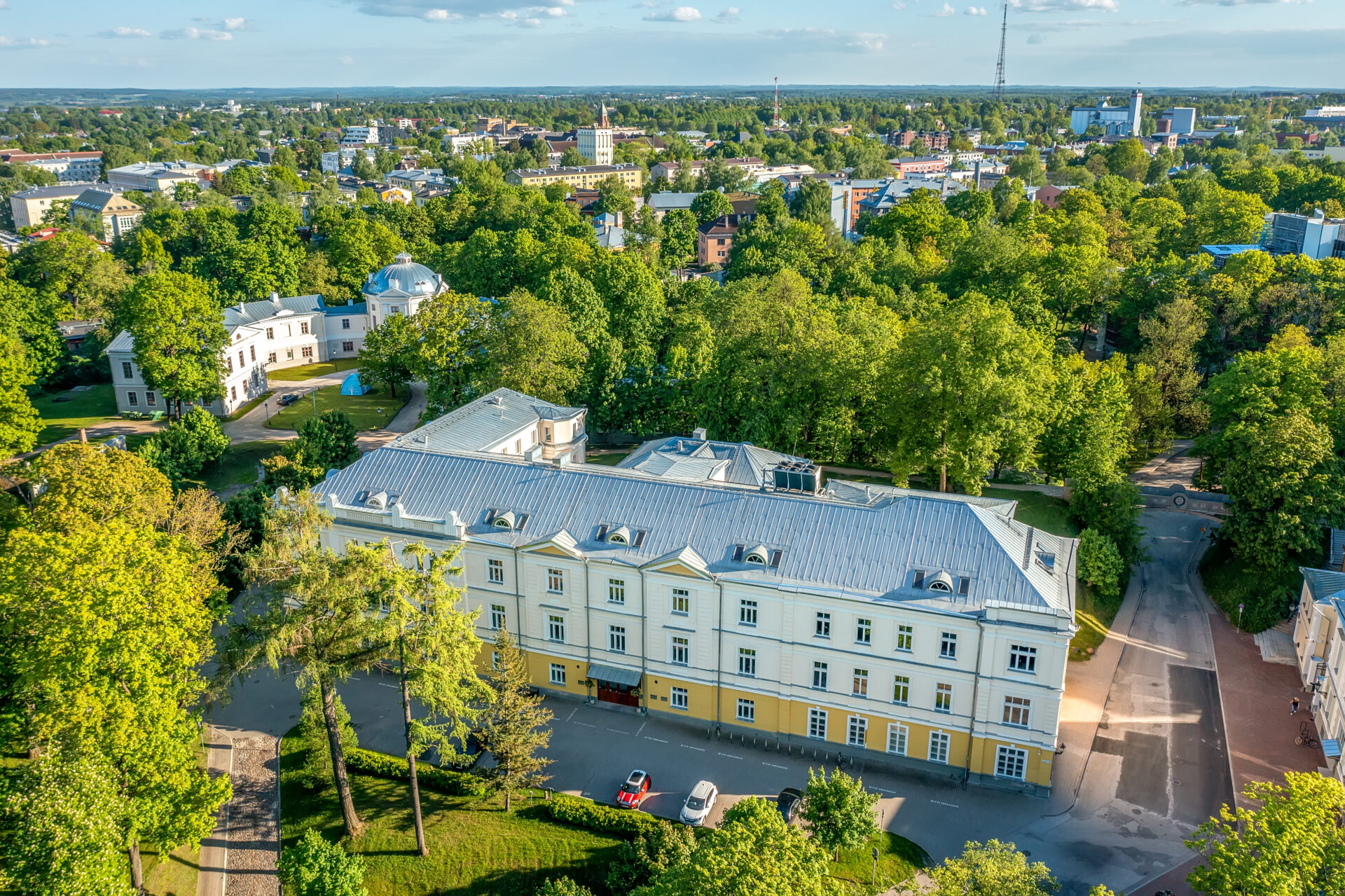
Tartu Conference on East European and Eurasian Studies
Call for Papers 2026
TENTH ANNUAL TARTU CONFERENCE
ON EAST EUROPEAN AND EURASIAN STUDIES
Global Flows and Frictions in Eastern Europe and Eurasia
10-12 June 2026, Tartu, Estonia
Please note that the submission period has ended! Applicants will be notified of the results of their submissions by February 25, 2026.
The Centre for East European and Eurasian Studies (CEURUS) at the Johan Skytte Institute of Political Studies invites proposals for full panels, roundtables, and individual papers for its 2026 annual conference. The Tartu Conference on East European and Eurasian Studies provides an academic forum that brings together scholars from area studies, comparative politics, international relations, economics, history, sociology, anthropology, cultural studies, and related disciplines to discuss topics and questions affecting all aspects of life in Eastern Europe and Eurasia. The organisers expect that, as in previous years, more than 200 scholars will attend the event.
The 10th edition of the Tartu Conference invites participants to reflect on the effects of (de-)globalization across Eastern Europe and Eurasia.
We welcome contributions that critically examine how people, ideas, capital, information, technology, and goods have moved across borders, fostering various forms of integration and interdependence in the past and present. Papers exploring the potential benefits of global entanglements – such as cultural transfers, transnational solidarities, or regional and international security cooperation in defence, intelligence sharing, conflict prevention, and peacebuilding – are encouraged, as are studies addressing the challenges of increasing globalization and its possible harmful effects, like cyber vulnerabilities, geopolitical dependencies, and the spread of disinformation. We are equally interested in investigations into the local and everyday impacts of globalization, such as economic inequalities and regional disparities, brain drain and demographic decline, and climate change and environmental degradation, shedding light on who benefits and who is marginalized or excluded.
We also welcome submissions that engage with contestations of globalization or the impact of anti-globalization political discourse and policies in the region. This may include processes of fragmentation, disentanglement, and the (potential) shift to multipolarity in the international order; the rise of anti-globalist sentiment, challenges to liberal internationalism, liberal democracy, and populist movements; and processes of re-regionalization and the reassertion of national identities.
In line with these themes, this year’s keynote lecture will be delivered by Dace Dzenovska, Associate Professor in the Anthropology of Migration at the University of Oxford and Principal Investigator of the ERC-funded Emptiness project. Her research examines “emptying places” in Latvia, Ukraine, Armenia, and Russia, shedding light on how the movement of people, flows of capital, and changes in political authority are reshaping the world we live in.
The Tartu Conference invites submissions for panels, roundtables, and individual papers addressing the conference theme, as well as other topics relevant to the past and present developments across Eastern Europe and Eurasia. Comparative research focusing on the area and beyond, as well as interdisciplinary perspectives, are welcome. The Programme Committee will consider all proposals; however, full panel proposals are encouraged.
Individual paper proposals consist of an abstract of no more than 250 words. Panel and roundtable proposals should list all speakers (3 or 4 per panel/roundtable), along with their paper abstracts and, if available, information about the chair and the discussant (alternatively, these can be assigned later by the Programme Committee). In the formation of panels, we are committed to promoting diversity in gender, career stage, and institutional/country affiliations to foster a broad range of perspectives and enhance scholarly dialogue.
The deadline to submit proposals is 25 January 2026. Please visit the Submit Proposal page to upload an individual paper, panel, or roundtable proposal. All submissions will undergo review by the Programme Committee. Notifications of acceptance will be sent by email by 25 February. Accepted participants will be expected to register by 24 April and pay a registration fee of 120 euros. Students are eligible for a reduced fee of 80 euros. The registration fee includes coffee breaks, the opening reception, and the conference dinner. Please see the Rules of Participation and Important Dates for other deadlines and requirements.
For scholars whose primary affiliation is with an institution in Ukraine, participation fees will be waived. Please note that all participants are expected to attend in person, and we are unable to accommodate requests for online participation or proposals for hybrid sessions.
All participants should plan to make their own travel and accommodation arrangements. The organisers will issue visa invitations upon request. Practical information regarding travel and accommodation is available on the conference website: https://tartuconference.ut.ee.
We look forward to seeing you in Tartu! If you have any questions, please contact the organisers at tartuconference@ut.ee.
Programme Committee
Catherine Gibson, University of Tartu
Aigerim Nurseitova, University of Tartu
Alicja Curanović, University of Warsaw
Riikka Taavetti, University of Turku
Shpend Kursani, University of Tartu
Taras Fedirko, University of Glasgow and the Institute for Human Sciences (IWM), Vienna
The conference is organised by:




